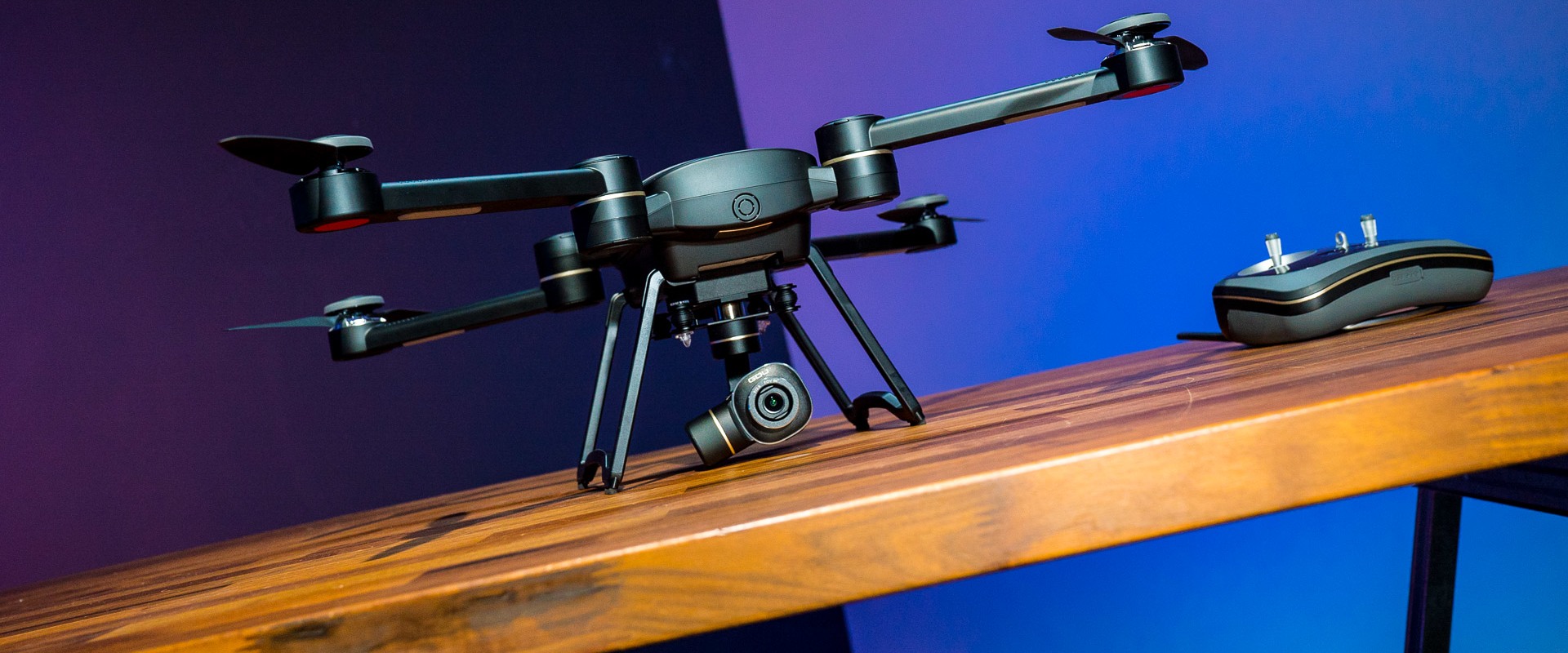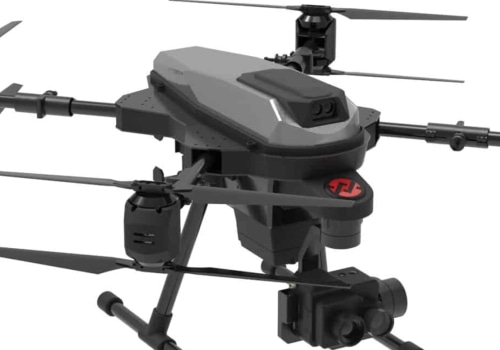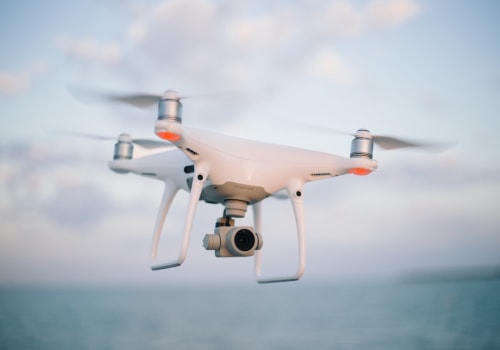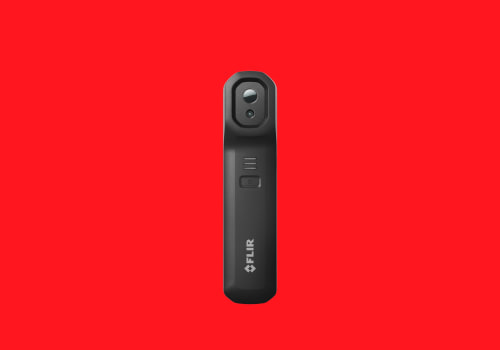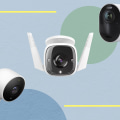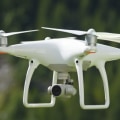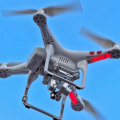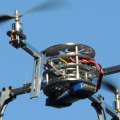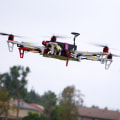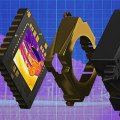Are you looking for a drone camera with all the features you need to capture stunning aerial shots and videos? With so many different types of drone cameras on the market, it can be hard to know which one to choose. In this article, we'll look at some of the most important features to consider when selecting the right drone camera for your needs. We'll explore the various camera types, as well as important features to look for in terms of resolution, lens type, image quality, and more. By the end of this guide, you'll be able to select the perfect drone camera that offers the features you need at an affordable price. When considering a drone camera, there are a few key features to look out for.
First, you'll want to consider the resolution of the camera. The higher the resolution, the clearer and sharper the images and video will be. You'll also want to consider the angle of view, which determines how wide an area the camera can capture. Additionally, you'll want to think about the size and weight of the camera, as this affects how portable it is.
It's also important to consider the battery life of the camera, as this affects how long you can use it for without having to recharge. Lastly, you'll want to think about any additional features that might be useful for your purposes, such as image stabilization or infrared capabilities. When making your decision, it's important to understand what each feature does and how it affects your drone photography experience. Knowing the resolution of your camera will help you determine how detailed and clear your images and videos will be. The angle of view will help you determine how wide an area the camera can capture.
Considering the size and weight of the camera can help you understand how portable it is and whether it is suitable for your needs. Battery life is important because it affects how long you can use the camera before having to recharge. Lastly, any additional features like image stabilization or infrared capabilities can help enhance your drone photography experience. In conclusion, there are a few key features to look out for when buying a drone camera. Understanding the resolution, angle of view, size and weight, battery life, and any additional features can help you make an informed decision and get the most out of your purchase.
Camera Resolution
Resolution is an important factor to consider when buying a drone camera.Resolution refers to the number of pixels that make up each image or video frame taken by the camera. The higher the resolution, the sharper and clearer the images and videos will be. Generally speaking, cameras with resolutions of 1080p or higher are considered high-resolution. When selecting a drone camera, it is important to determine what resolution best suits your needs.
For instance, if you want to capture high-quality images or videos for professional purposes, then a camera with a higher resolution is recommended. However, if you just want to take casual photos or videos, then a lower resolution may be sufficient. It is also important to note that higher resolutions require more storage space.
Angle of View
The angle of view is another important feature to look for in a drone camera. This refers to how wide an area the camera can capture in one shot.Cameras with wider angles of view are generally better for capturing larger areas or scenes. A wide-angle lens will allow you to capture more of the scene in one frame, and can also be used for creative effects such as creating an illusion of depth. On the other hand, a narrow angle of view will provide more detail, but a limited field of view. When shopping for a drone camera, look for one that offers a wide angle of view. This will give you more flexibility when shooting and make it easier to capture the entire scene.
It's also important to consider the focal length of the lens, as this will determine how much detail you can capture. Look for lenses with long focal lengths for maximum detail.
Size and Weight
Size and WeightThe size and weight of the drone camera are important factors to consider when buying. Smaller and lighter cameras are generally more portable and easier to transport, while larger and heavier ones offer greater stability and improved image quality. When choosing a drone camera, think about the type of photography or videography you plan to do. If you’re looking to get aerial shots of landscapes or sports events, a larger and heavier camera will be best as it will produce higher quality images.If you plan on travelling with your drone or taking it to remote locations, a smaller and lighter camera might be more practical. Be aware that some drones may not be able to carry heavier cameras, so make sure the model you choose can handle the weight of the camera you’re considering.
Additional Features
Finally, you'll want to consider any additional features that might be useful for your purposes. For instance, some cameras have image stabilization capabilities or infrared capabilities that can come in handy when shooting in low light conditions. Image stabilization helps reduce the effects of vibrations, allowing you to capture smooth, clear shots. Infrared capabilities allow you to capture images in total darkness and can be used to create unique nighttime shots. Other features to look for include a built-in GPS, which can be used for geo-tagging and tracking your drone's location.Some drones also have obstacle avoidance capabilities, which allow them to detect and avoid obstacles while in flight. Finally, depending on your needs, you may want to consider a drone with higher resolution or a camera with a wide-angle lens. Higher resolution cameras will produce clearer images and videos, while wide-angle lenses can help capture more of a scene.
Battery Life
The battery life of the drone camera is another important factor to consider. A longer battery life means that you can use the camera for longer periods of time without having to recharge it. The battery life is determined by the capacity of the battery and the power consumption rate of the camera.It's important to check the manufacturer's specifications to find out the battery life of the drone camera. In general, drone cameras have a battery life ranging from 15 minutes to 40 minutes, depending on the model. When selecting a drone camera, you should look for one with a long battery life, so that you can capture more footage without needing to recharge. It's also recommended to get a spare battery or two, so that you can swap them out and extend your flight time if needed.
This will come in handy if you're planning on shooting a long video or taking multiple photos. When buying a drone camera, it is essential to look for the right features for your needs. Ensure you take into account the resolution, angle of view, size and weight, battery life, and any additional features that may be beneficial. Doing so will help you make an informed decision and get the most out of your purchase.
Camera Resolution, Angle of View, Size and Weight, Battery Life, and Additional Features are all important considerations when it comes to selecting the best drone camera for you.
